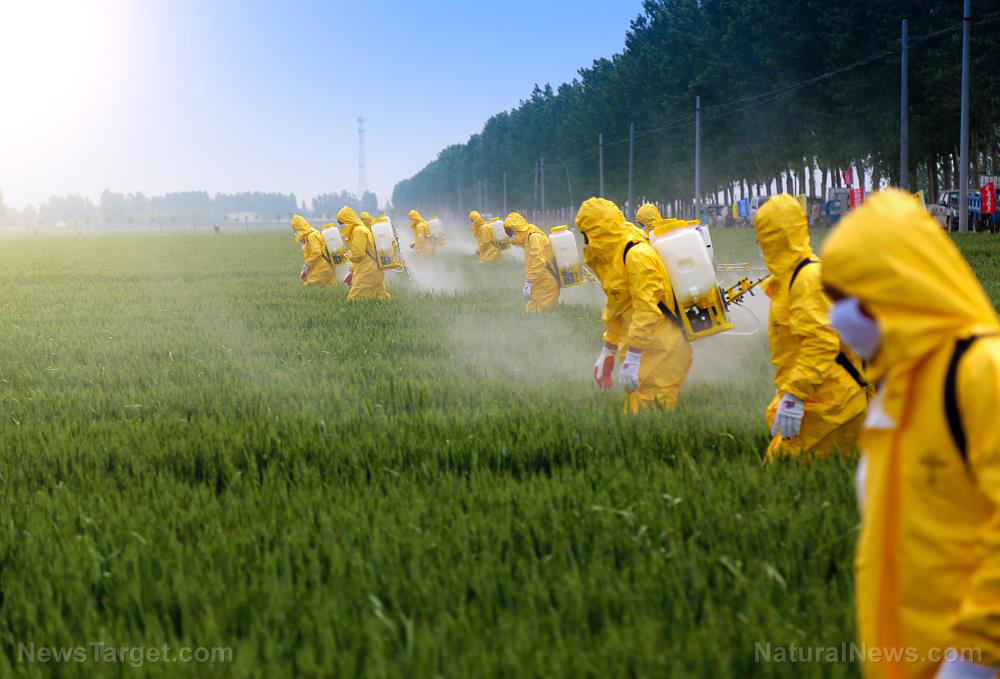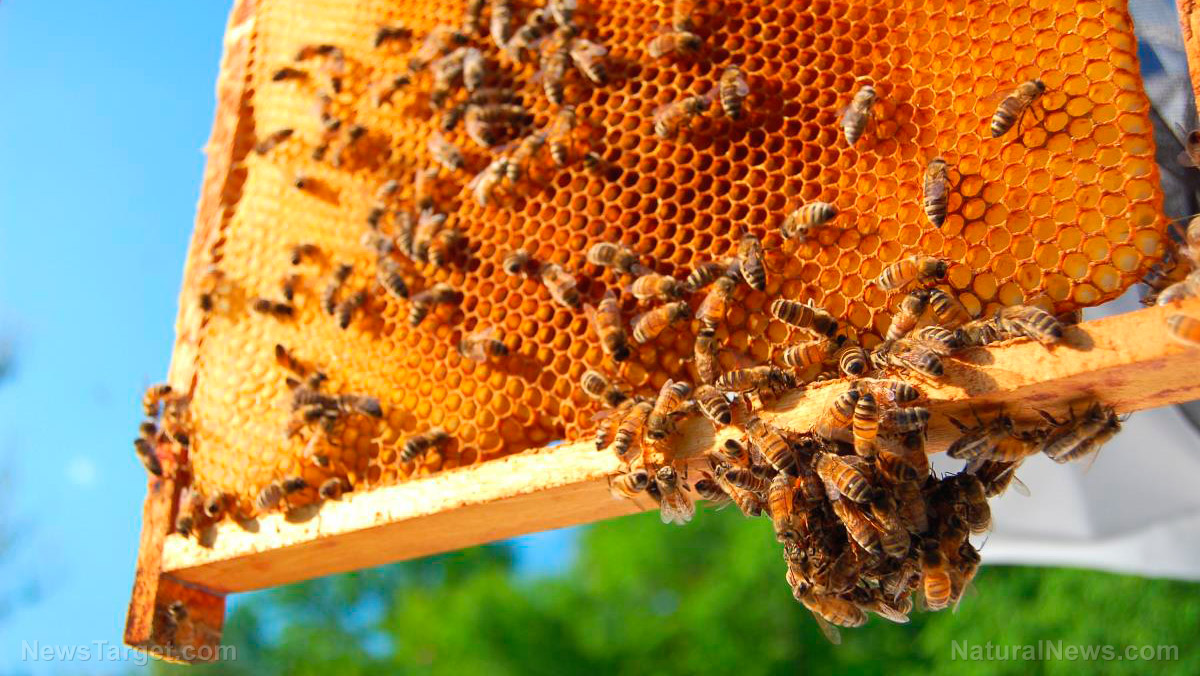Fake Food: GMO crops have been a massive failure on every level
06/07/2017 / By Isabelle Z.

Genetically modified crops were once hailed as the solution to all manner of problems facing our planet. Proponents insisted they would reduce the need for pesticides, increase yields and help create plenty of nutritious food to feed our world.
Two decades later, however, it’s becoming increasingly clear that GMO crops are far from a dream come true for a hungry population. On the contrary, they have proven to be a nightmare that just keeps getting worse. Not only have GMO crops failed to deliver on every one of their earlier promises, but they are also slowly killing our world and its inhabitants.
There is no way to talk about the massive failure of GMO crops without sounding dramatic because the situation has taken so many sensational turns that it almost sounds like a work of fiction – and if it were, it would certainly be filed in the Horror section of the bookstore. Unfortunately, the nightmare is all too real for thousands of animals and people who have lost their homes and lives because of this risky practice.
The main problem is that the Roundup herbicide that GMO crops have been engineered to withstand has been found to have a number of serious health risks, prompting the World Health Organization to label it a “probable carcinogen.”
Are GMO crops feeding the world?
Two decades ago, much of Europe rejected the concept of genetic modification, while the U.S. and Canada jumped into it head first. An examination of data from the time that has elapsed since then shows just how much the technology has failed to deliver. In fact, an analysis by the New York Times using data from the UN found that the U.S. and Canada have not gained any discernible advantage in terms of food per acre compared to Western Europe. A recent report from the National Academy of Sciences backs this up.
Are we using less herbicide than before?
The question that we must ask ourselves then, is are we using fewer herbicides? The answer: A resounding no. In fact, herbicide use has actually grown in our country, even as major crops like cotton, soybeans and corn have been converted into those highly-touted modified varieties. Since the introduction of these crops, the use of toxins to kill fungi and insects might have decreased, but the high-volume spraying of herbicides has actually risen by a startling 21 percent. France, meanwhile, has noted a 36 percent decrease in herbicide use and a 65 percent decrease in insecticides and fungicides.
According to the Greenpeace report 20 Years of Failure, the number of glyphosate-resistant weed species in the U.S. has risen from five to 14 since 2004, while the total glyphosate use on soybeans in Argentina increased 56 times from 1996-97 to 2003-04 as farmers there made the switch to Roundup Ready soybeans.
The failure of GMO crops has been so spectacular that more than 290,000 Indian farmers killed themselves between 1995 and 2011 because of mounting debt caused by GMO adoption and crop failures. The prices of GM seeds have skyrocketed since they first came onto the scene and are significantly costlier than conventional seeds. Moreover, the fact that they are protected by patents means they cannot be saved and replanted year after year, creating high recurring expenses for farmers.
GM crops have also been responsible for mass die-offs of beneficial insects like bees and monarch butterflies. In one particularly egregious example, the death of 37 million bees was attributed to a recent planting of GM corn in Canada. The crops had been sprayed with neonicotinoids, which have been linked to bee losses all over the world, particularly when air seeders are used.
No matter how you look at it, GMO crops have been nothing but a failure and have wreaked havoc on our planet, contaminating our soil, air and water and harming nearly every form of life in some way. Given Monsanto’s wide-reaching influence and willingness to go to any lengths necessary to defend its products, this is a nightmare that shows no sign of ending anytime soon.
Sources:
Tagged Under: glyphosate, GMO crops, herbicide



















